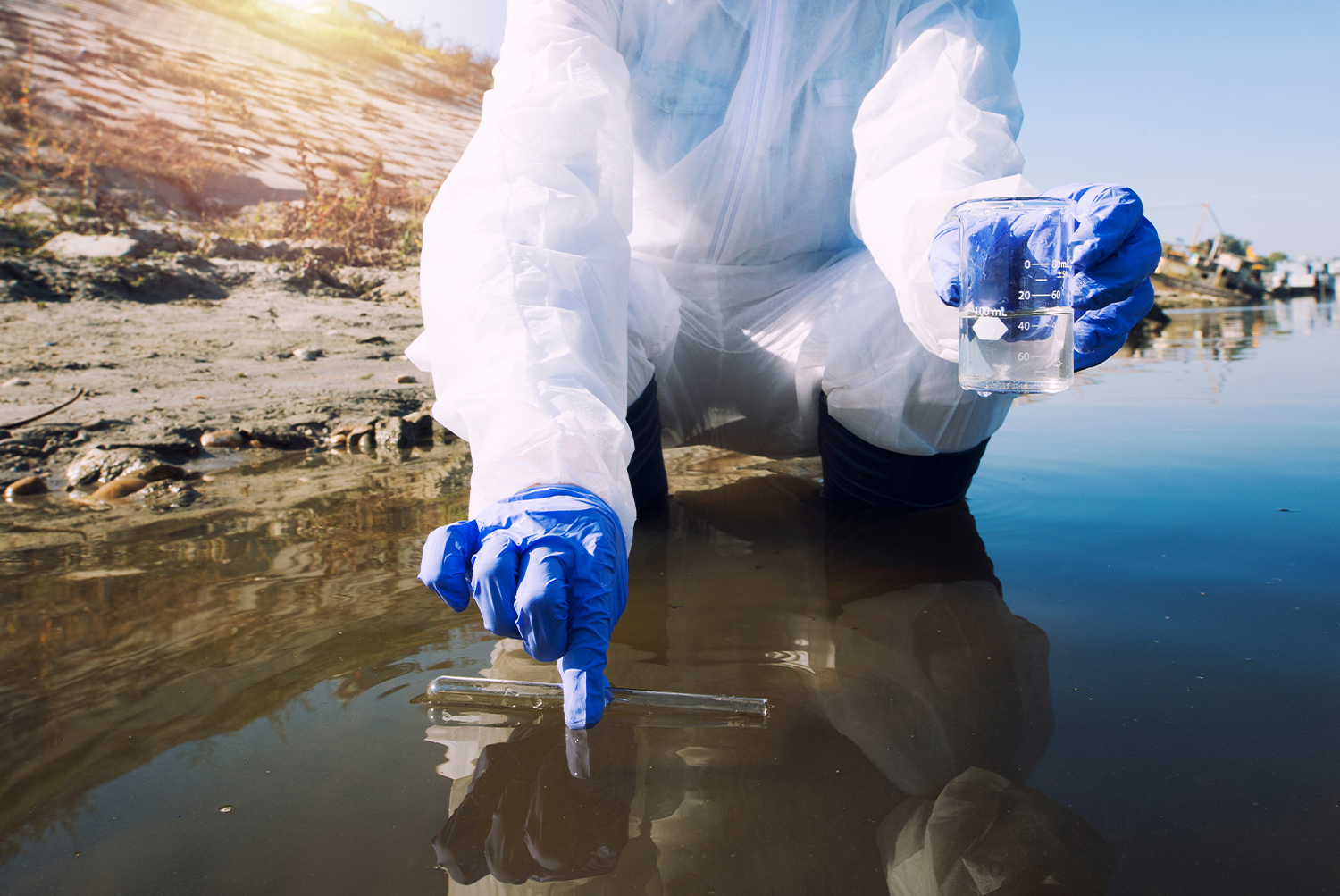
School of Medicine and Health Sciences
The School of Medicine and Healthcare Sciences was established in 2023, marking a pivotal step in Manica University's dedication to advancing healthcare through comprehensive education, groundbreaking research, and impactful community engagement. Our mission is to cultivate a cadre of proficient and empathetic healthcare professionals equipped to address the evolving challenges of modern medicine.
Why Choose Our Medicine and Health Sciences
The School of Medicine and Health Sciences at Manica University serves the following functions:
Comprehensive Medical Education: Our School of Medicine and Health Sciences offers a comprehensive curriculum designed to equip students with the knowledge, skills, and clinical experience necessary to excel in various medical disciplines. From anatomy and physiology to advanced medical procedures, our programs provide a solid foundation for future healthcare professionals.
Cutting-Edge Research: We are committed to conducting innovative research that advances medical knowledge and improves patient care. Through collaborative research projects, our faculty and students explore new treatments, diagnostic techniques, and healthcare delivery models, contributing to the advancement of medical science and patient outcomes.
Clinical Training and Practice: The School provides extensive clinical training opportunities in partnership with leading healthcare institutions. Our students gain hands-on experience working alongside experienced healthcare professionals in diverse clinical settings, preparing them for the challenges and responsibilities of medical practice.
Interdisciplinary Collaboration: We foster interdisciplinary collaboration among healthcare professionals, researchers, and students to address complex health issues from multiple perspectives. By integrating insights from various disciplines, we promote holistic approaches to patient care and healthcare system improvement.
Community Engagement and Service: Through collaboration with other departments and faculties, we promote an interdisciplinary learning environment, fostering innovation and preparing students to address complex healthcare challenges at the intersection of pharmacy and supply chain management.
Career Opportunities
As a graduate of the School of Medicine and Health Sciences at Manica University, you'll be prepared for diverse career opportunities in the following areas:
- Medical Doctor
- Surgeon
- Emergency Medicine Physician
- General Practitioner
- Anesthesiologist
- Pathologist
- Obstetrician/Gynecologist
- Orthopedic Surgeon
- Pediatrician
- Neurologist
- Clinical Officer
- Medical Assistant
- Epidemiologist
- Public Health Officer
- Health Educator
- Community Health Worker
- Health Policy Analyst
- Environmental Health Specialist
- Emergency Medical Technician
- Primary Healthcare Provider
- Healthcare Administrator
- Clinical Officer
- Environmental Health Officer
- Public Health Inspector
A degree or diploma from the School of Medicine and Health Sciences can also serve as a stepping-stone to graduate studies or another professional degree such as medicine, surgery, veterinary medicine, or education.
Programs under School of Medicine and Health Sciences
-
1. Bachelor of Medicine and Surgery (MBchB) Click here for more details

Bachelor of Medicine and Surgery (MBchB)
The Bachelor of Medicine and Surgery (MBchB) program at Manica University is a six-year course designed to prepare students for a career in medicine. It covers theoretical knowledge and practical training, including clinical rotations, to equip students with essential medical skills. Under the guidance of experienced faculty members and through hands-on experience in hospital settings, students develop the expertise necessary to diagnose, treat, and prevent illnesses effectively. Graduates emerge from the MBchB program at Manica University as competent and compassionate healthcare professionals ready to make a positive impact in the field of medicine.
-
2. Bachelor of Science in Clinical Medicine Click here for more details
Bachelor of Science in Clinical Medicine
The Bachelor of Science in Clinical Medicine program at Manica University offers students comprehensive training in medical sciences, focusing on the diagnosis, treatment, and prevention of various illnesses and injuries. The program typically spans over a duration of four years, providing students with a solid foundation in anatomy, physiology, pharmacology, pathology, and clinical skills. Through a blend of theoretical coursework, laboratory sessions, and hands-on clinical experience, students develop the necessary competencies to excel in healthcare settings. Upon completion, graduates are equipped to pursue careers as competent healthcare professionals, capable of providing quality medical care to individuals and communities.

-
3. Bachelor of Science in Public Health Click here for more details

Bachelor of Science in Public Health
The Bachelor of Science in Public Health program at Manica University provides students with a thorough understanding of community health promotion and disease prevention. Through a mix of theory and practical training, students learn about epidemiology, biostatistics, healthcare policy, and health promotion strategies. The program, lasting four years, prepares students for careers in public health administration, healthcare management, epidemiology, anf community health education through hands-on experiences, internships, and research projects.
-
4. Bachelor of Science in Environmental Health Click here for more details
Bachelor of Science in Environmental Health
The Bachelor of Science in Environmental Health program at Manica University offers students a comprehensive understanding of environmental factors affecting human health. Through a blend of theoretical knowledge and practical skills, students learn to identify, assess, and mitigate environmental hazards. The program typically spans four years, providing students with ample time to delve into topics such as sanitation, epidemiology, toxicology, and environmental policy. With a focus on promoting public health and environmental sustainability, graduates are equipped to pursue careers in various sectors, including public health agencies, environmental consulting firms, and regulatory bodies.

-
5. Diploma in Clinical Medicine Click here for more details

Diploma in Clinical Medicine
The Diploma in Clinical Medicine program at Manica University is a three-year training that equips students with essential medical knowledge and practical skills. Through a blend of classroom instruction, laboratory practice, and clinical experience, graduates are prepared for careers as proficient healthcare professionals, capable of diagnosing and treating patients effectively in diverse medical settings.
-
6. Diploma in Environmental Health Click here for more details
Diploma in Environmental Health
The Diploma in Environmental Health program at Manica University offers comprehensive training in environmental health, covering sanitation, pollution control, and disease prevention. Spanning two years, students gain practical skills and theoretical knowledge to address environmental health risks in communities. Graduates are prepared for careers as environmental health officers or community health educators, with opportunities for further education.

-
7. Diploma in Public Health Click here for more details
Diploma in Environmental Health
The Diploma in Environmental Health program at Manica University offers comprehensive training in environmental health, covering sanitation, pollution control, and disease prevention. Spanning two years, students gain practical skills and theoretical knowledge to address environmental health risks in communities. Graduates are prepared for careers as environmental health officers or community health educators, with opportunities for further education.


